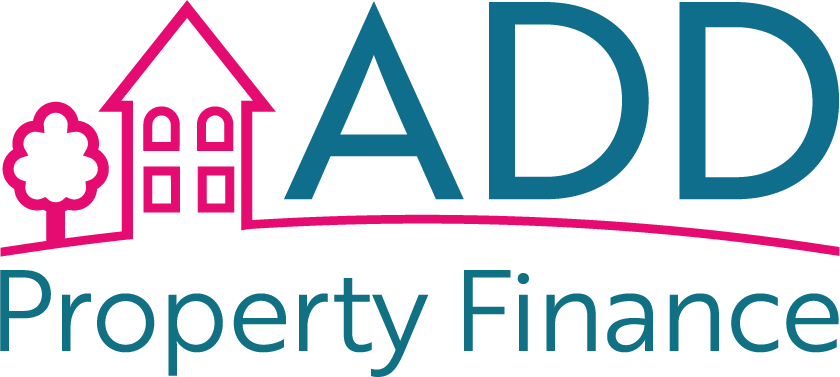Embarking on a commercial property development project is an exciting venture, but it comes with its unique financial challenges. Successfully financing a commercial development requires careful planning, knowledge of lending options and a comprehensive understanding of risk management. In this article, we’ll provide a step-by-step guide to help you navigate the process of financing your commercial property development project.
Step 1: Define Your Project
Before diving into financing, you need a clear vision of your commercial property development project. Define the project’s scope, purpose, and budget. Determine what type of property you want to develop, its size, location, and the intended use. This clarity will guide your financing decisions.
Step 2: Create a Detailed Budget
A detailed budget is the foundation of your financing plan. Outline all project costs, including land acquisition, construction, permits, fees, and contingencies. Ensure your budget is comprehensive, leaving no expenses unaccounted for. This step is crucial for calculating how much financing you’ll need.
Step 3: Assess Your Financing Needs
With your budget in hand, you can now determine your financing requirements. Evaluate your available capital and decide how much external financing you need to complete the project. This step sets the stage for seeking lenders or investors.
Step 4: Explore Financing Options
Commercial property development financing can take various forms:
- Traditional Commercial Mortgages: These are similar to residential mortgages but designed for commercial properties. They typically offer lower interest rates and longer terms.
- Commercial Construction Loans: Tailored for construction projects, these loans provide funds in stages as the project progresses.
- Mezzanine Financing: A hybrid of debt and equity financing, mezzanine loans fill the gap between senior debt and equity capital.
- Private Investors: High-net-worth individuals or investment groups may provide funding in exchange for equity or a share of the project’s profits.
- Government Grants and Incentives: Explore local and national government programs that offer grants or incentives for commercial property development.
Step 5: Engage with Lenders or Investors
Once you’ve identified your financing options, engage with potential lenders or investors. This process involves submitting your project proposal, budget, and financial projections. Be prepared to answer questions and provide any additional documentation they may require.
Step 6: Conduct Due Diligence
Your lenders or investors will conduct due diligence on your project and financial history. Expect thorough scrutiny of your budget, business plan, creditworthiness, and the property itself. Transparency and preparedness are essential during this phase.
Step 7: Negotiate Terms and Rates
If your project aligns with a lender’s or investor’s criteria, you’ll enter into negotiations. Discuss loan terms, interest rates, repayment schedules, and any other conditions. Be ready to negotiate to secure the best possible terms for your financing.
Step 8: Secure Financing
Once negotiations are complete and all parties are satisfied, you’ll receive formal approval and a commitment for financing. Ensure you understand all the terms and conditions before proceeding.
Step 9: Implement Risk Management Strategies
Risk is inherent in commercial property development. Implement risk management strategies to mitigate potential issues. Consider contingencies for cost overruns, construction delays, or changes in market conditions.
Step 10: Monitor Progress and Financials
Throughout the development process, closely monitor project progress and financials. Keep stakeholders informed, and be prepared to adjust your financing plan if unforeseen challenges arise.
Conclusion
Navigating the financing process for commercial property development requires thorough planning, due diligence, and a comprehensive understanding of financing options. By following this step-by-step guide, you can increase your chances of securing the necessary funds and successfully completing your commercial property development project. Remember that expert advice from mortgage advisers or financial professionals can be invaluable in this complex process.







